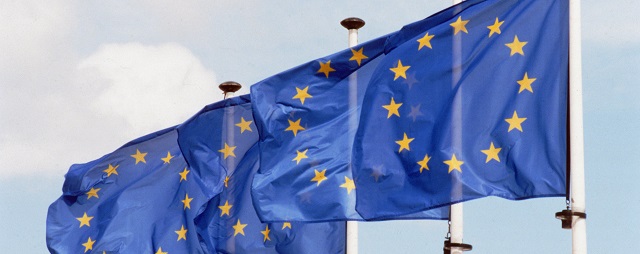Over to Sober Look, here and here, these financial bloggers talk about the immediate future: the US economy appears set to keep recovering and growing, the deflation threat vanishes and the Federal Reserve will sooner than later stop injecting liquidity via its Quantitative Easing programme–buying sovereign debt and creating money as a result.
There are signs that the markets have already discounted the US central bank, the Fed, turning the cash tap off. The yields investor demand from 10-year US bonds have reached over 2.7%, far from the 1.6% bar where they were before the Fed began to suggest a change of policy
 |
| Treasuries’ yields during the week. |
The Fed’s monetary programme has had an inevitable effect on emerging economies, which were the most to benefit during the crisis and have showed tensions or capital outflows before than anyone else. Also, as a proof of further stress, the price of national currencies have been hit in Brazil, Turkey and others. Investors now dump their excess of bond holdings and as a consequence push exchange interest rates down.
Yet, here in Europe we are enjoying a good time. Risk premiums have fallen, and with them, the cost of credit. One reason for this could be that investors are leaving emerging markets and coming into European funds. But, although it has been an unexpected move to certain extent, those who have already celebrated the euro comeback might be deluding themselves: investor confidence has changed gear because European peripheral risk at this point looks safer than, let’s say, Brazil’s. These alterations in capital flow directions often are mysterious and are always susceptible to be influenced by geopolitics and even the weather, rather than actual improvements in economic fundamentals.
The environment has undoubtedly become rosier for the European Union. But the true motive is out there, it’s an external factor rather than the consolidation of an eventual recovery. What is clear is that we should take as much advantage as possible to accelerate our efforts to grow.






Be the first to comment on "Is that a euro comeback I see before me?"